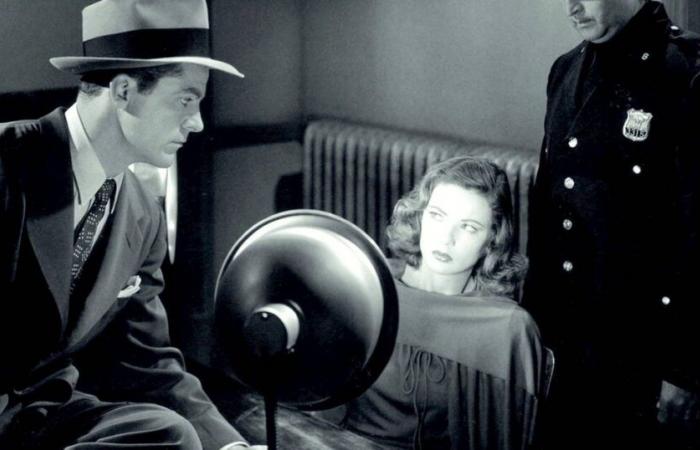Retro
Article reserved for subscribers
From “Laura” to “The Human Factor”, the Cinematheque presents a beautiful retrospective of the masterpieces of the filmmaker who embodied a quintessence of Hollywood classicism.
A privilege of filmmakers to be born twice, first into the world, then into the heart of a kingdom that they themselves created. Not always without problems, sometimes deliverance is less a rebirth than a resurrection. In the filmography of Otto Preminger, to whom the Cinémathèque française is devoting a retrospective, Laura (1944) occupies the singular position of being both his sixth film and the first that he considers to be truly his own.
A disciple of Max Reinhardt, Preminger was already leading a successful career as a playwright in Vienna, when Fox opened the doors of Hollywood to him in 1934. After a handful of inoffensive titles, Homeric shouting matches with Darryl Zanuck, a parenthesis on Broadway and a return in the cinema under the double hat of actor and director for Margin of error (1943), where he plays the role of a Nazi dignitary, Laura, of which he took over after the failed rushes of Rouben Mamoulian, would embody, through the limpidity of its staging, fluid and without apparent seam, through the glamor of the sets, its complex scenario and its narration cut in the middle, a sort of quintessence of Hollywood classicism, of which Preminger was to produce the most poisonous fruits, injecting the codes of film noir with an ironic study of morals coupled with a dreamy meditation on cinema as a spectral art.
Inspector McPherson (Dana Andrews) investigated the murder of a woman, fell in love with the deceased,






